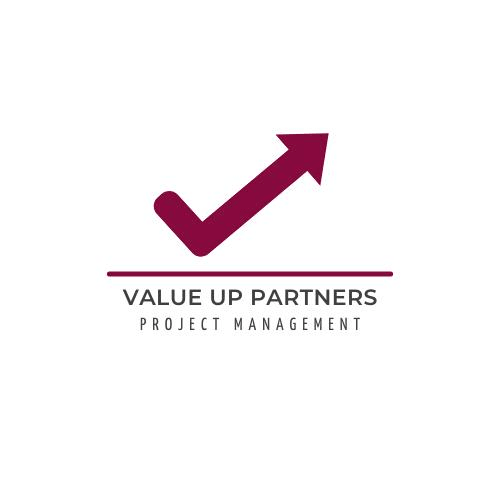

post-Contract cost ManagementPost-Contract Cost Management is the process of monitoring, controlling, and reporting project costs after the contract is signed.
post-Contract Cost Management
1-Interim Payment Valuation
Assessing completed work to determine thecontractor’s entitlement to interim payment with reference to the contract and actual progress.By conducting accurate interim paymentvaluations, we safeguard our client's cash flow and avoid any risks overvaluation in case of suspension/termination
2-Setting and Implementing a StrongChange Management System
Establishing a structured process tointernally assess any change in terms of cost, obtain client approval, issuethe formal instruction and negotiate and agree the cost impact with thecontractors.
Post-Contract Cost Management
3-Negotiation and Valuing Changes
Reviewing and agreeing on the financialimpact of changes with contractors based on structured and best practicemethods such as negotiation based on the cost breakdown of any change based onmaterial costs and consumption, labor costs, and productivity.
4-Disruption ClaimsPreparation/Valuation
Identifying, documenting, and evaluatingclaims related to delays or disruptions in project execution based on actualincurred costs.
5-Rolling Final Account and CostReporting
Continuously updating cost records andpreparing progressive expected final account summaries on amonthly basisto avoid surprises.
6-Final Account
Negotiation and completing all financialsettlements and reconciliations at the end of the project and prepare therequired document to avoid any later claims after the end of the project

Contact Us
+966 56 364 3093
ahmed.elhalouty@
Saudi Council of Engineers Registration Number : 5100004547
National Number and Commercial Registration : 7051360993
@2025 Value Up Partners